Adolescent Perceptions about Smoking Have Changed Over Decade
California adolescents perceive smoking cigarettes to be riskier – and less socially acceptable – than they did a dozen years ago.

University of California San Francisco
Give to UCSFCalifornia adolescents perceive smoking cigarettes to be riskier – and less socially acceptable – than they did a dozen years ago.

UCSF researchers found a way to pause the development of early mouse embryos for up to a month in the lab, a finding with implications for assisted reproduction, regenerative medicine, aging and cancer.

According to a new study led by UCSF scientists, lung cancer’s ability to spread may often be due to the inactivation of a single protective protein within tumor cells.
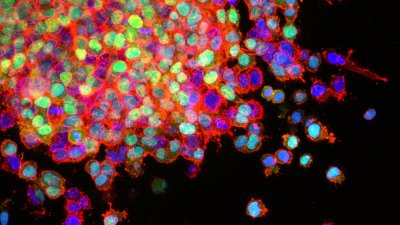
Next-generation sequencing for patients at UCSF Medical Center is prompting changes in brain tumor diagnoses for some children and a retooling of treatment plans in many cases.
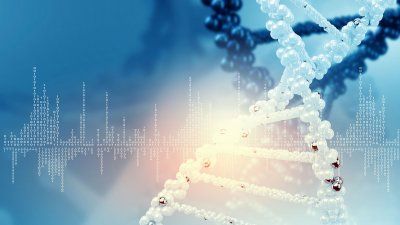
A team of researchers led by UCSF scientists has identified a new drug target for triple-negative breast cancer.
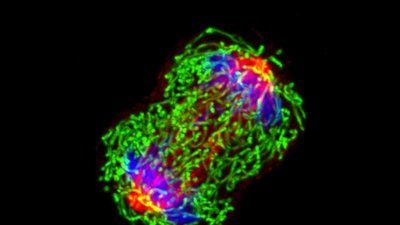
The UCSF Helen Diller Family Comprehensive Cancer Center is one of only 12 academic centers in the U.S. joining a large national precision medicine study that aims to improve survival for pancreatic cancer patients.
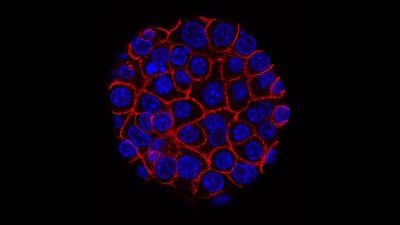
UCSF scientists have engineered human immune cells that can precisely locate diseased cells anywhere in the body and execute a wide range of customizable responses, including the delivery of drugs or other therapeutic payloads directly to tumors or other unhealthy tissues.
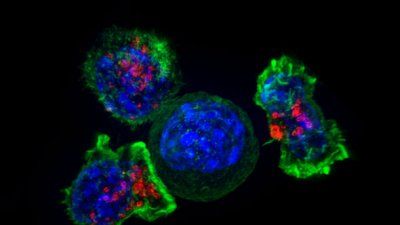
A new analysis of marijuana legislation offers a framework for states that are considering legalizing the drug and want to protect public health, rather than corporate profits.

Early-stage breast cancer patients whose tumors carry genetic markers associated with a low risk of disease recurrence may not need to undergo chemotherapy, suggests a new study that employed a test devised by a UCSF researcher.
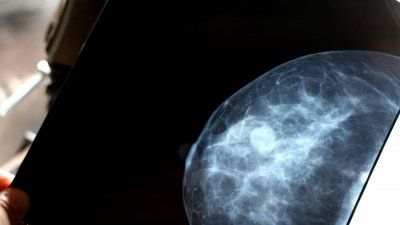
The ideal interval for breast cancer screening depends on combined assessments of each woman’s breast cancer risk and her breast density, according to a new study led by UCSF and University of Wisconsin researchers.

The abundance of a subtype of white blood cells in melanoma tumors can predict whether or not patients will respond to a form of cancer immunotherapy known as checkpoint blockade, according to a new study led by UCSF researchers and physicians.

A serious childhood cancer takes advantage of a quality control mechanism that usually protects cells from stress-induced damage to propel tumor growth, according to a new study led by researchers at UC San Francisco and the University of Pittsburgh.

Using advanced imaging technology that allowed them to spy on interactions among cells in the lymph nodes of living mice, a research team led by UCSF scientists has identified a cell that is a key player in mounting the immune system’s defense against cancer.

A previously unidentifiable type of low-grade inflammation may explain why common anti-inflammatory drugs such as aspirin have shown promise against some types of cancer – even when patients don’t display typical signs of inflammation.
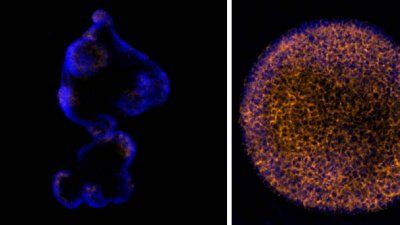
Phototherapy, increasingly used to treat jaundiced infants, could very slightly raise the risk of pediatric cancers, particularly myeloid leukemia, according to epidemiological research published, online Monday, May 23, in Pediatrics.
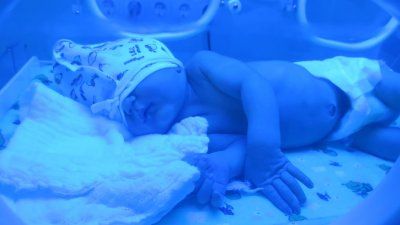
A national study led by a UCSF oncologist has found that patients with metastatic colon cancer that develops on the left side of the colon survive significantly longer than those with cancer that develops on the right side.
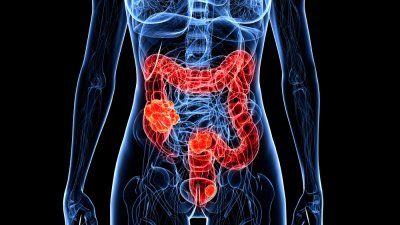
A team of cancer researchers led by scientists at UCSF and Memorial Sloan Kettering Cancer Center in New York have developed a first-of-its-kind hybrid drug with the power to outsmart drug-resistant cancers.

Exciting advances in medicine and health are being researched in precision medicine projects recently funded by the George and Judy Marcus Program in Precision Medicine Innovation.
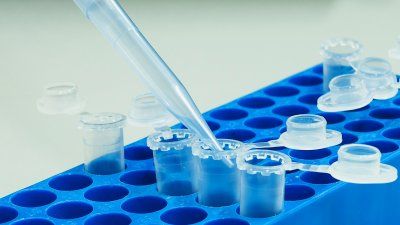
UCSF researchers have discovered that the chances of survival for patients with pancreatic adenocarcinoma (PDAC) — the most common type of pancreatic cancer — may depend in part on how tense their tumors are.

Renowned UCSF immunologist Jeffrey Bluestone, PhD, has been named president and CEO of the Parker Institute for Cancer Immunotherapy, a national initiative launched with a $250 million grant from The Parker Foundation, established by Silicon Valley entrepreneur Sean Parker.
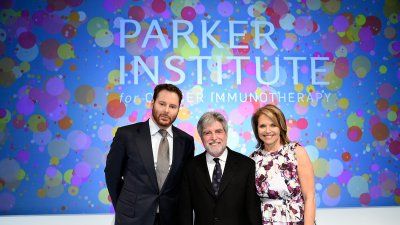
Scientists at UC San Francisco have been able to directly observe, for the first time, how invasive cancer cells create a beachhead as they migrate to the lung in a mouse model of metastatic cancer.

The most intractable common form of breast cancer might in most cases be treatable by drugs that target fat metabolism, according to UCSF researchers.

Vice President Joe Biden and his wife Jill Biden visited UCSF to meet with top cancer experts as part of the National Cancer Moonshot initiative to develop new approaches that fast-forward the development of novel therapies.

UCSF researchers are using big data to find cancer treatments by mapping gene networks and screening existing cancer drugs to test their effectiveness against dozens of different cancer gene variants.

UCSF scientists have created a new class of highly customizable biological sensors that can be used to form “logic gates” inside cells of the immune system, giving these cells the capability to home in on and kill a wide range of cancer cells while preventing them from attacking normal tissue.

What if screening for cancer was as easy as checking your cholesterol? That’s the promise of techniques currently in development that may one day make it possible to detect the earliest stages of cancer with an annual blood draw.

Twice as many patients with non-serious injuries, such as fractures or neck strain, are undergoing CT scans in emergency departments at California hospitals, according to a UCSF-led study, which tracked the use of the imaging from 2005 to 2013.

We asked experts across UCSF to identify what's ahead in how we approach research, what disease areas will see major advances, and where basic science will be translating into real treatments.

A new study by UCSF scientists shows that the proportion of normal cells, especially immune cells, intermixed with cancerous cells in a given tissue sample may significantly skew the results of genetic analyses and other tests performed both by researchers and by physicians selecting precision therapies.
